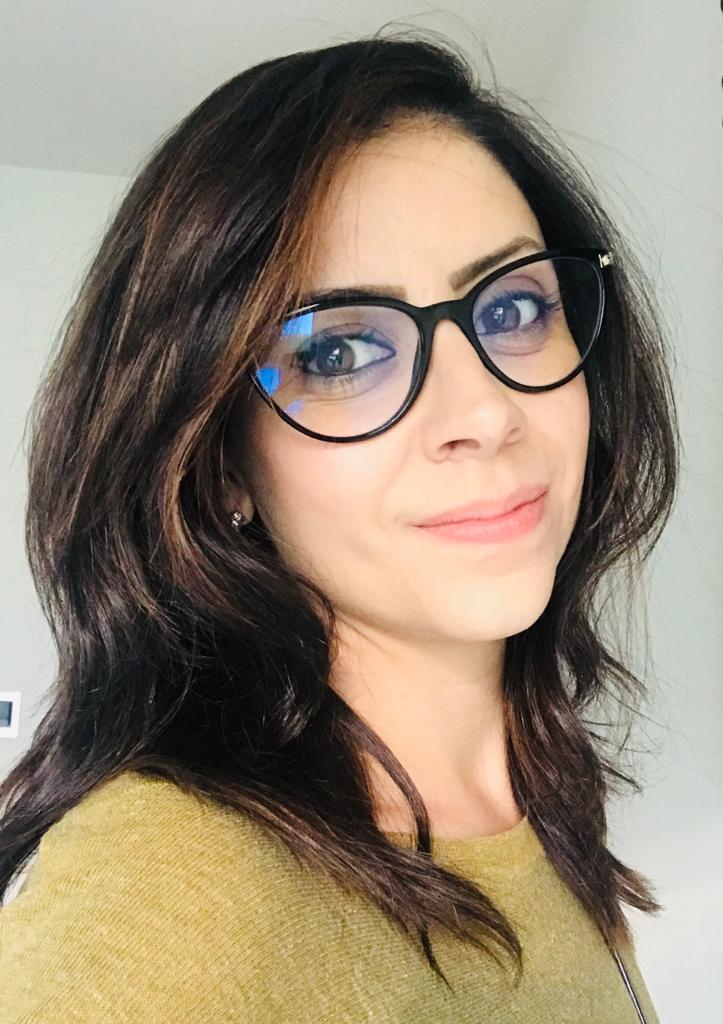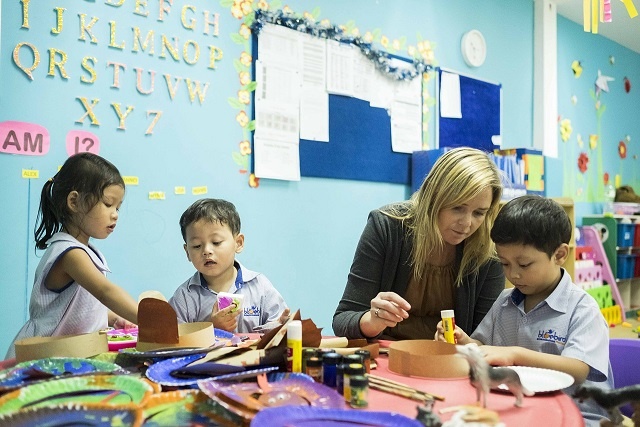So you love the idea of shaping young minds, but standing in front of a classroom doesn’t do it for you? No worries—there are plenty of education-related career paths that allow you to have a significant impact on the lives of children without becoming a conventional teacher.
Take daycare assistant and preschool supervisor, for example. Those are just two of the options open to graduates of Herzing’s Early Childhood Education program. The training prepares students for a variety of roles outside the K-12 system.
In this post, we explore those positions in more detail. We also delve into several adjacent career possibilities that may require a bit of extra training.
Keep reading to explore the fulfilling education roles you can consider, far beyond the traditional classroom.















